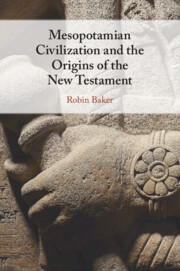To explore the importance of death and the dead to the study of religious conversion, this article adopts an ethnographic and comparative approach to the lives and deaths of two male Muslim converts in the southwest Indian state of Kerala. Paying attention to the treatment of their dead bodies, which were donated and cremated, contrary to their wishes for an Islamic funeral, and the problematization of their proper names, it is argued that death is the point at which selves are made/remade. Death provides the opportunity for the dead, their kin, friends, and state institutions to make claims about religious identities and familial relations. I conclude that these multiple and often contradictory stances converted the dead into religiously indeterminate figures, though their belonging to their kin was successfully established.


